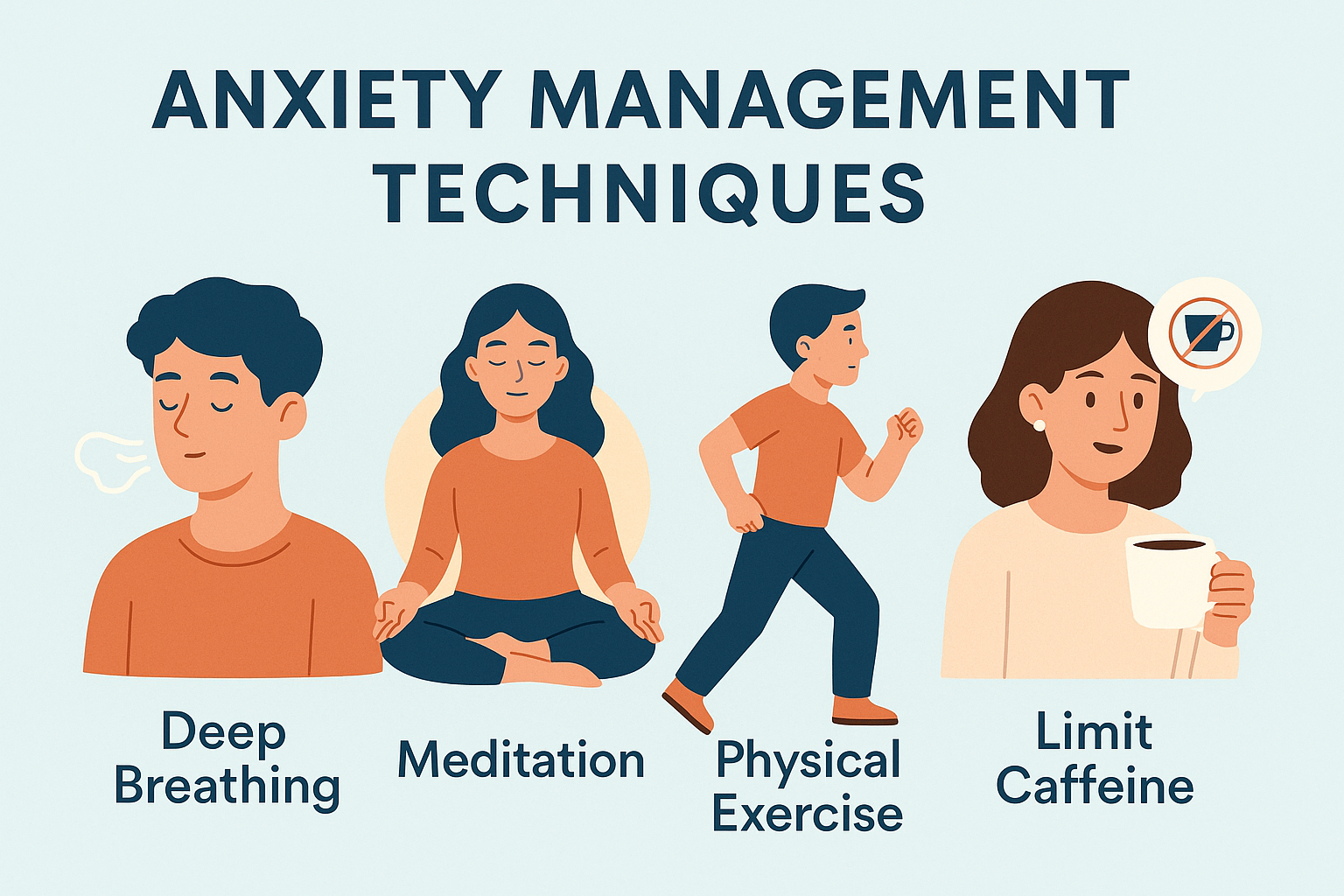
From Struggle to Strength: How Depression Therapy Can Transform Your Life
Depression can feel like a heavy weight, making it hard to see a way out. The sadness, exhaustion, and lack of hope all feel consuming.
But there is a path forward.
Depression therapy offers the support and guidance you need to manage these feelings and start healing.
With the right tools and strategies, therapy can help you regain control, build resilience, and move towards a brighter, more peaceful future.
Let’s explore how depression therapy can benefit your emotional well-being.
Understanding the Impact of Depression on Your Life
Depression is a mood disorder that affects how you feel, think, and handle daily activities.
It’s more than just feeling sad or going through a tough time. Depression brings a constant sense of despair that can disrupt your sleep, appetite, and overall functioning.
It can also lead to serious emotional and physical health issues, impacting your quality of life.
Depression can look different for everyone, but some common symptoms you might experience include:
● Persistent feelings of sadness, emptiness, or hopelessness
● Losing interest in things you once enjoyed
● Changes in appetite or weight, either gaining or losing significantly
● Sleep issues like insomnia, oversleeping, or restless sleep
● Feeling fatigued or lacking energy
● Difficulty concentrating, making decisions, or remembering things
● Unexplained aches, pains, headaches, or digestive problems
● Irritability, agitation, or restlessness
● Pulling away from friends, family, or social activities
● Having thoughts of self-harm or suicide
What are the Evidence-based Treatments for Depression?
Depression is a highly treatable condition, and several evidence-based interventions can help you manage your symptoms effectively.
The most common treatments for depression include:
● Cognitive-behavioral therapy (CBT): CBT is a goal-oriented, evidence-based therapy that helps you identify and change negative thinking patterns contributing to your depression.
It teaches you healthier ways of thinking, behaving, and responding to life’s stressors.
● Interpersonal therapy (IPT): IPT is a time-limited therapy that focuses on improving your relationships and communication skills to reduce depression symptoms.
It helps you address relationship problems that contribute to how you feel.
● Dialectical Behavior Therapy (DBT): DBT combines elements of CBT with mindfulness techniques to help you regulate your emotions, improve relationships, and manage distressing thoughts and behaviors.
It’s especially helpful if you struggle with intense emotions, impulsivity, or self-harming behaviors.
How Can Depression Therapy Help?
Depression therapy can help you in several ways, including:
● Identifying and addressing the underlying issues contributing to your depression
● Developing coping strategies and problem-solving skills
● Learning how to challenge and change negative thinking patterns
● Improving your communication and relationships with others
● Building your self-esteem and confidence
● Creating a plan to prevent relapse
● Offering a safe, supportive space where you can express emotions and process difficult experiences
Therapy is a collaborative process between you and your therapist. In this supportive environment, your therapist will help you feel heard and understood without judgment.
Explore the Benefits of Depression Therapy in Dallas, TX
Depression doesn’t have to control your life.
At Beckloff Behavioral Health Center, we’re here to support you with compassionate, evidence-based depression therapy designed to meet your unique needs.
Our team creates a safe, nonjudgmental space where you can open up, heal, and regain control of your well-being.
Schedule an appointment today, and let us walk alongside you as you feel like yourself again.



